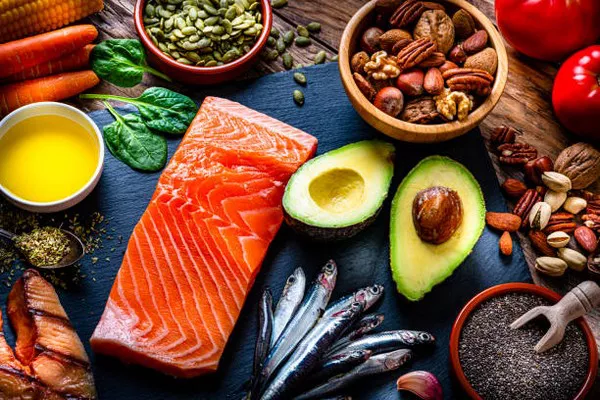A North Carolina woman claims she shed 35 pounds by eating nothing but sardines and MCT oil for over three months. While her experience has garnered attention, health experts strongly caution against such a restrictive eating regimen, warning of potential negative health impacts.
A Sardine-Only Diet for 135 Days
Jane Crummett, from Mint Hill, North Carolina, adopted an unusual eating pattern, consuming four cans of sardines daily, supplemented by MCT oil. Commonly used by athletes for quick energy and weight loss, MCT oil is a popular choice in low-carb diets. Crummett, however, doesn’t consider her approach a temporary “diet.”
“To me, a diet implies a beginning and an end. This is my lifestyle, and I don’t plan to introduce plants back into it,” she told Fox News Digital.
Prior to her sardine-exclusive plan, Crummett followed a zero-carb, carnivore-style eating pattern, which excluded carbohydrates and dairy products, citing concerns over inflammation. Her sardine-only regimen ended on September 30, after 135 days, during which she claims to have lost 35 pounds and experienced reduced inflammation.
“My pain has resolved, and the inflammation has decreased,” Crummett said. Despite the unusual nature of her diet, she maintains regular visits with her doctor and plans to gradually reintroduce other meats like beef, pork, and chicken into her meals.
The Rise of the Sardine-Only Challenge
Crummett isn’t the only one drawn to this unconventional diet. The sardine-only trend emerged in 2023 as a three-day challenge, popularized by Florida-based internist Annette “Dr. Boz” Bosworth, MD, a vocal proponent of low-carb, high-protein ketogenic diets.
The challenge encourages participants to consume only sardines in oil for 72 hours, alongside water, salt, black coffee, and carb-free hot sauce. This diet has gained popularity due to anecdotal reports of weight loss and improved health markers, such as stabilized blood sugar levels.
However, extending this short-term challenge into a long-term eating regimen raises serious health concerns among experts.
Health Risks of a Sardine-Only Diet
Despite its rise in popularity, nutritionists warn that a sardine-exclusive diet can lead to nutritional imbalances and health issues if followed for prolonged periods. Grace Derocha, a registered dietitian and spokesperson for the Academy of Nutrition and Dietetics, highlighted the risks of such a restrictive approach.
“While sardines are nutrient-dense, containing omega-3 fatty acids, protein, calcium, and vitamin D, relying on one food alone poses serious health risks,” Derocha told Healthline.
Fellow dietitian Kim Shapira echoed these concerns, warning that the long-term consumption of a single food can result in deficiencies in vital nutrients, including fiber, magnesium, vitamin C, and certain B vitamins, which are crucial for immune function, digestion, and overall health.
According to Shapira, restricting the diet in this way could lead to long-term problems such as muscle loss, bone density issues, and nutrient imbalances. Short-term side effects, such as diarrhea, constipation, fatigue, and mood changes, are also possible.
Excessive Nutrient Intake and Toxicity
Another danger of a sardine-only diet is the potential for excessive intake of certain nutrients. For example, while sardines are a great source of calcium and vitamin D, overconsumption of these nutrients can cause imbalances, leading to high calcium levels that may impact heart and kidney function.
Moreover, excessive sodium intake from consuming large amounts of sardines could increase the risk of high blood pressure and cardiovascular issues, Derocha warned. Sardines also carry the risk of mercury or other heavy metal accumulation, a concern even though they generally contain lower levels of contaminants than larger fish.
“The risks associated with consuming just one food for an extended period outweigh any short-term benefits,” Derocha stated. “A varied diet is essential for ensuring all nutrient needs are met, and for maintaining overall health and well-being.”
The Bottom Line
Though some, like Crummett, report positive outcomes from a sardine-only diet, experts caution against such extreme dietary choices. While a three-day challenge may not pose significant harm, extending this to weeks or months could lead to nutrient deficiencies, health complications, and imbalances.
For long-term health, variety is key. Experts advise individuals seeking weight loss or other health improvements to focus on balanced eating patterns that include a range of nutrient-dense foods.
As for Crummett, while she plans to add meats back into her meals, she remains committed to her low-carb, carnivore lifestyle—though she’ll likely stick with sardines for breakfast.
Related Topic:


